Candace Owens, a far-right political commentator and podcaster, last week released the second episode of her video series exploring the crimes of convicted sex offender Jeffrey Epstein and his co-conspirator Ghislaine Maxwell. In the 45-minute segment, Owens and unsubstantiated claims while attempting to draw a connection between Maxwell’s father and Holocaust survivor and author Elie Wiesel.
Owens claimed that Wiesel—author of the memoir Night, human rights activist, and recipient of the 1986 Nobel Peace Prize—was an impostor who had never experienced the horrors of the Holocaust, and who had stolen the identity of a true survivor of Auschwitz, which she described as a “Polish work camp.” She then described Wiesel, who died in 2016, as being the cousin of Ghislaine Maxwell’s father, the late publishing tycoon Robert Maxwell.
“So, who is this Elie, Elie Wiesel, who allegedly steals this identity?” Owens said. “Who steals identities, no less, and then makes up these stories—which, by the way, it is confirmed, the fictionalized stories in his book Night. Well, as I’ve told you guys before, Elie Wiesel was the cousin of Robert Maxwell. … And therefore,” she added, “Elie Wiesel becomes a very curious piece of the Epstein story.”
When Wiesel was 15 years old, he and his family were sent to Auschwitz, where his mother and sister were killed. Later, as Allied troops drew closer to Poland and Auschwitz, Wiesel and his father were transferred to another concentration camp, Buchenwald, in Germany. While his father died soon after their transfer, Wiesel survived the Holocaust and was liberated by U.S. forces in April 1945.
Owens’ claims that Weisel was an impostor lack evidence. She relies on the account of Nikolaus Grüner, an Auschwitz survivor who in 2006 wrote a book claiming that Wiesel had stolen the identity of a survivor named “Lazar Wiesel.” But available evidence indicates that “Lazar” and Elie Wiesel were the same person. In his book Microhistories of the Holocaust, Kenneth Waltzer, the former director of Michigan State University’s Jewish studies program, identified Wiesel as “Lazar (Eliezer) Wiesel.” Records collected in 1946 from the Central Committee of Jews in Munich, Germany, regarding known Holocaust survivors show a “Lazar Wiesel” with the same year and location of birth and last known location as Elie Wiesel.
Owens, citing Grüner, also said that, “Elie did not even have a tattoo.” But Wiesel, who in Night recalled the moment Nazis tattooed the identification number A-7713 on his left arm, in 2010 said, “I still have it on my arm–A7713.” Photographs of Wiesel, including those taken in 1945 and 2006, show faint markings of a tattoo on his left forearm. Because the Nazis did not have modern tattooing devices at their disposal and instead resorted to metal stamps and single-needle tools, tattooed markings for some Holocaust survivors have always appeared fuzzy.
As for the claim that Wiesel is the cousin of Robert Maxwell, Mitchell Jackson—the founder of a communications firm representing Owens—said in an email to The Dispatch Fact Check that Owens’ source for her claim that Robert Maxwell was a cousin of Wiesel is a 1988 authorized biography of Maxwell written by British journalist Joe Haines, who had worked with Maxwell.
In the 1998 book, Haines describes Wiesel as a “distant relative” of Maxwell but does not elaborate.
In 1930[,] 38 per cent of the population of Sziget were Jews. Elie Wiesel, the Nobel Peace Prize winner and a distant relative of Maxwell’s who survived Auschwitz and Buchenwald, was born in Sziget and grew up in the town. He has since recalled its special Jewish atmosphere.
Maxwell, a onetime member of the U.K. Parliament and a media mogul who owned the British tabloid the Daily Mirror, was born Ján Ludvík Hyman Binyamin Hoch in Solotvyno, Czechoslovakia (now Ukraine). Solotvyno is approximately 20 minutes from Sziget, now known as Sighetu Marmației, Romania. While the two share some similarities besides growing up in nearby localities—both lost their parents and other family members in the Holocaust—The Dispatch was unable to find other references to them being related aside from Haines’ book. Haines passed away in February 2025.
If you have a claim you would like to see us fact check, please send us an email at factcheck@thedispatch.com. If you would like to suggest a correction to this piece or any other Dispatch article, please email corrections@thedispatch.com.
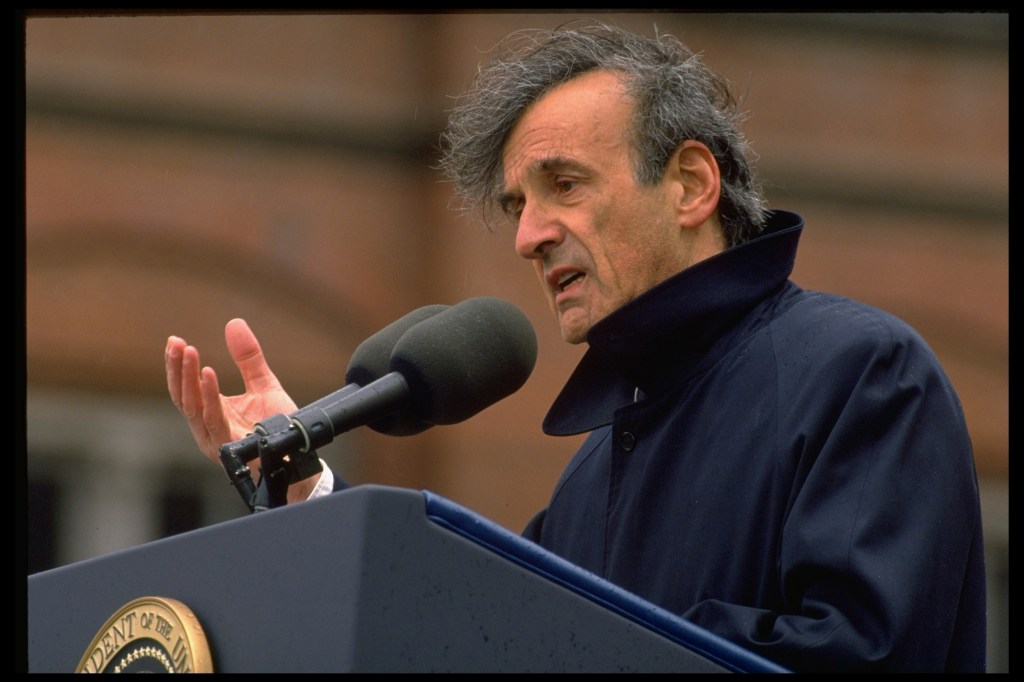

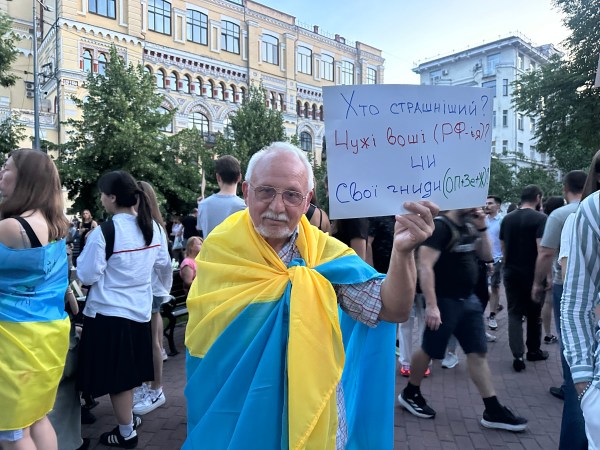
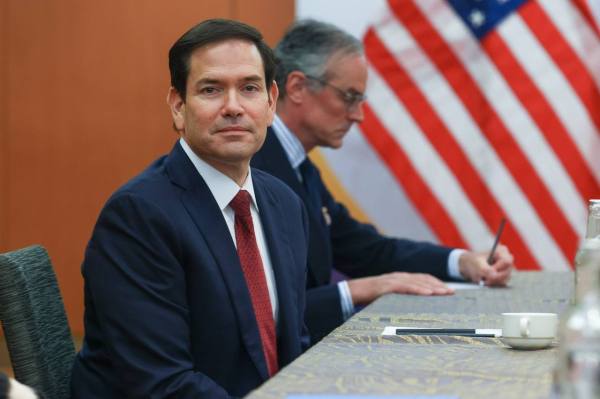
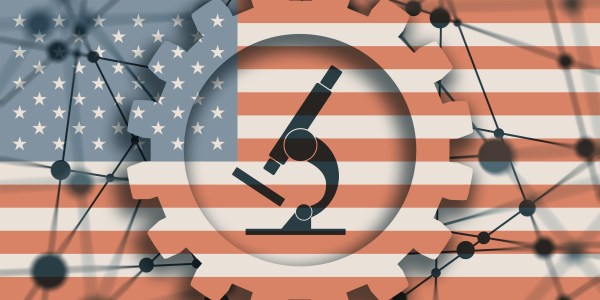
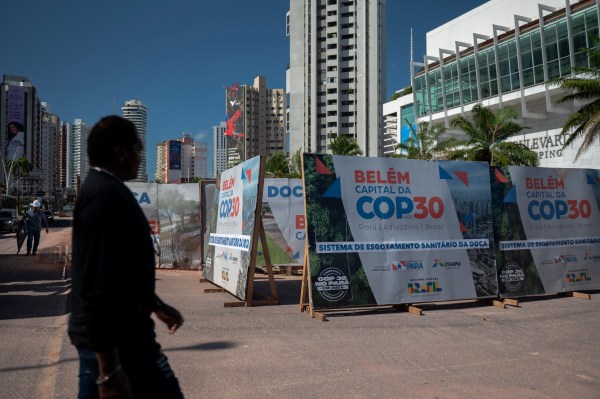

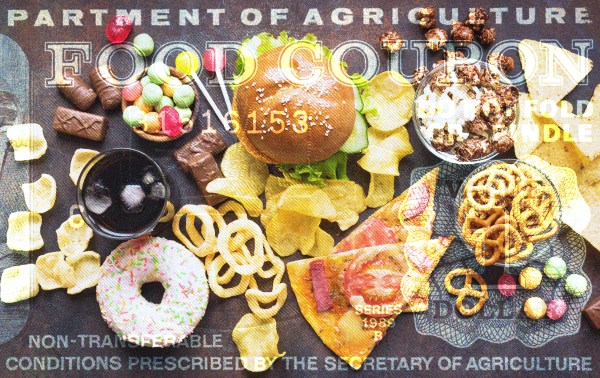

Please note that we at The Dispatch hold ourselves, our work, and our commenters to a higher standard than other places on the internet. We welcome comments that foster genuine debate or discussion—including comments critical of us or our work—but responses that include ad hominem attacks on fellow Dispatch members or are intended to stoke fear and anger may be moderated.
With your membership, you only have the ability to comment on The Morning Dispatch articles. Consider upgrading to join the conversation everywhere.